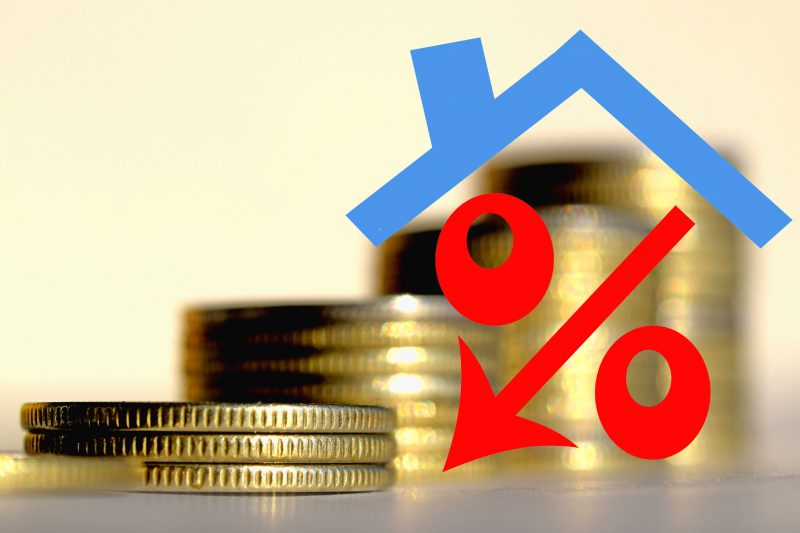As fears about the coronavirus are reaching an all-time high, mortgage rates are reaching record lows. According to Mortgage News Daily, interest rates for standard 30-year fixed mortgages reached 3.33% as of Tuesday, the lowest in about eight years. Rates have been falling steadily in recent weeks as a result of economists’ growing concerns about the spread of the coronavirus. As of Tuesday, the Washington Post reported that Trump administration health officials are warning the American public to brace themselves for “the ‘inevitable’ spread” of the disease.
Why Is Coronavirus Affecting Mortgage Rates?
At first glance, it might not make sense as to why the outbreak of a virus would have such a dramatic effect on mortgage rates. Simply put, any global crisis tends to create fluctuations in the market. This is because financial analysts are eager to anticipate the ripple effect that these kinds of events may have on consumers. The coronavirus—which has already infected more than 80,000 people worldwide—has caused major disruptions to travel and the economy amidst officials issuing travel restrictions and global supply chains being disrupted. Ultimately, fears of the virus spreading and causing further economic disruptions has spooked U.S. investors. This has led them to seek save haven in bonds, lowering the 30-year Treasury bond to 1.8321 percent. Treasury yields, which are defined as the ratio of annual interest payments to current market price, directly affect mortgage interest rates. As the bond yield continues to drop, so should interest rates.
What Does This All Mean For Potential Homebuyers?
Seeing that interest rates are reaching record lows might excite potential homebuyers for obvious reasons. However, there are a couple of important considerations to keep in mind. For one thing, although baseline interest rates are affected by the market, your credit score still ultimately determines the rates you’re quoted. Keeping your credit score healthy will give you a better chance of reaping the financial benefits when rates sink. It is also important to consider, though, that lower interest rates will drive up demand for houses, thereby driving up prices. So, things end up being a bit of a trade-off.
The Takeaway: A major viral outbreak typically causes disruptions in the global market as investors anticipate its effects on the economy. A result of this is lower mortgage interest rates. It is still important to keep in mind that factors like your credit score will affect the rates you are offered. Use Top10MortgageBrokers.com to find a mortgage broker near you and discuss your options today.
Disclaimer: These articles are intended for general informational purposes only and do not substitute the advice of qualified mortgage professionals. Please always consult your mortgage broker or loan officer when it comes to making decisions.

